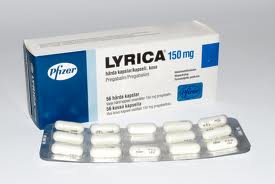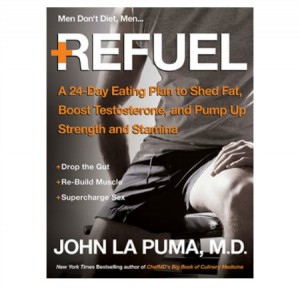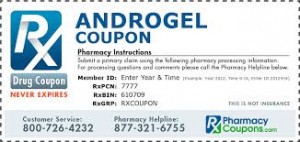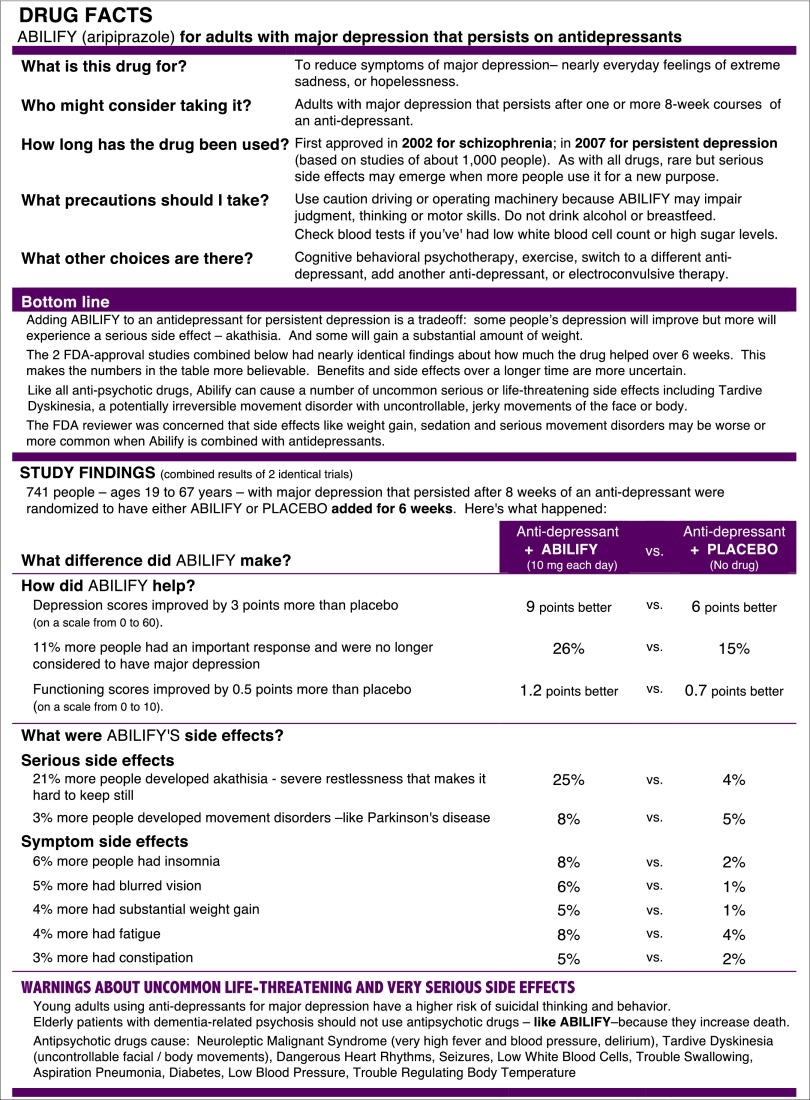
Fibromyalgia – this drug is advertised for its use- and yet what works better is simple exercise
Every year consumers see 4 billion dollars worth of drug advertising, very little of it includes how well (or effective) the drug works. Yet, the drug companies market to you an individual. Cigarette advertisements were stopped because they were misleading. If a product that is sold over-the-counter to adults is regulated, then why are we allowing advertisements to go to consumers in an era when drug costs are skyrocketing?
As it turns out both the American Medical Association and now, a poll shows the majority of Americans agree – get these advertisements off mass media. I wonder if TV agrees or radio, because they could end these advertisements today? The answer – they don’t.
You will hear advertisements on radios for pharmaceuticals, and also for supplements. You will hear advertisements for weight loss solutions that simply don’t work (like HCG). So the band should be for more than just Big Pharma, but also Big Nutra.
You’ve seen their advertisements:
The ones where a man is placing testosterone gel under his arms. The ad saying that problems associated with “low T” are all the common problems of man. In his great editorial Dr. John La Puma debunked their assertion and showed that most men need to lose their gut. Eat better, lose your gut- and #cysyp (can you see your penis). Look down, men, if you can see your penis you are OK, if you can’t you need to shed some pounds. I reviewed Dr. La Puma’s book, Refuel and found it a great source of information on mens’ health.
Did those “low t” advertisements ever tell you how effective the drug is, and the side effects so you could make a choice between weight loss and use of a drug?

For men, instead of getting a dangerous drug – get this book- eat right and let your body produce its own testosterone
Lyrica for fibromyalgia – did you know that simple exercise works better than this drug? Yet, thousands ask for this drug instead of asking for a work-out routine with physical therapy to improve symptoms. But you never head of an ad from the makers of Lyrica saying “Before you take this drug ask your doctor for a work out routine.” Did the advertisement tell you how effective the drug is?
THEY DON”T TELL YOU HOW EFFECTIVE THE DRUG IS
Drug companies often do not include is efficacy information about their drug. This information is available, and being able to say that a drug “treats” a condition as opposed to stating that there is limited efficacy with a drug are two different statements. Then there is how effective it is versus the side effects of the drug – because maybe it isn’t effective enough to try if the side effects are dangerous. The efficacy information is critical in making informed decisions about drug information. Pharmaceutical manufacturers currently have it both ways: they advertise to consumers directly without giving them information as to how effective this might be for your condition, and make passing reference to side effects.
THEY DECREASED MARKETING TO DOCTORS BECAUSE IT WASN”T AS EFFECTIVE
Big Pharma has decreased their marketing to doctors, under the guise that by their standards this is unethical. All while increasing their direct to consumer marketing to patients. The advertisements on television directed to you. Big Pharma discovered that with enough pressure from patients, some doctors will give them a prescription. Big Pharma wasn’t making the headway with doctors, because many of us said to the “drug reps” that they would have to prove to us that these new drugs were better. While they might come out with some pharma-paid for studies, most physicians would realize that they were not as good as independent research, not paid for.
DRUG COMPANIES SPEND MORE ON ADVERTISING THAN RESEARCH
Did you know that the advertising budget of major drug companies is larger than their research and development budget? Did you hear the excuse as to why drugs are more expensive in the US – because of the research and development costs.The U.S. pharmaceutical industry spent 24.4% of the sales dollar on promotion, versus 13.4% for research and development, as a percentage of US domestic sales.
It is time to end the direct-to-consumer marketing of drugs, and foster the conversation between the doctor and his patient. Yes, it takes more time to talk to a person about weight loss, and often primary care doctors need help with this. But it is the relationship between the doctor and the “customer-owner” (formerly called patient) that will inform the patient. And when you have that kind of relationship it is better than the patient looking for Dr. Google and from wanting the latest drug on the market, that may not be better, and will certainly be more expensive than the one advertised.
Did you know that Crestor in the United States costs $180 a month and in Canada it is $40 a month? It was the lobby for Big Pharma that kept US consumers from importing drugs from Canada, and other places. We don’t call that a free-market. The reason is not that Canada is regulating the cost of drugs, it is because the drug is off patent.
A BETTER WAY TO LET CONSUMERS AND DOCTORS KNOW ABOUT DRUGS
Since drugs are confusing, not only for the public, but even for practitioners, some have recommended a “drug box” – see below for an example. Look at the drug box and see if you would add Abilify to your anti-depressant – how effective is it? That is what they drug companies should tell you, but they don’t. Nor do they tell doctors.
End the advertising to consumers – we regulate advertising for tobacco- which is a legal product sold over-the-counter to consumers. Lets end the advertising for drugs.

They even give you a “coupon” – remember when cigarette companies gave away some free cigarettes?
Here is How the Facts for a Drug Should Be Presented

REFERENCES:
Comparative efficacy of pharmacological and non-pharmacological interventions in fibromyalgia syndrome: network meta-analysis. Nüesch E1, Häuser W, Bernardy K, Barth J, Jüni P. Ann Rheum Dis. 2013 Jun;72(6):955-62. doi: 10.1136/annrheumdis-2011-201249. Epub 2012 Jun 27. Pub Med ID 22739992
Media, messages, and medication: strategies to reconcile what patients hear, what they want, and what they need from medications. Kravitz RL, Bell RA. BMC Med Inform Decis Mak. 2013;13 Suppl 3:S5. doi: 10.1186/1472-6947-13-S3-S5. Epub 2013 Dec 6. Pub Med ID 24565216
Presenting efficacy information in direct-to-consumer prescription drug advertisements.O’Donoghue AC1, Sullivan HW2, Aikin KJ2, Chowdhury D3, Moultrie RR3, Rupert DJ3. Patient Educ Couns. 2013 Dec 25. pii: S0738-3991(13)00524-7. doi: 10.1016/j.pec.2013.12.010. [Epub ahead of print] Pub Med ID 24581929
The Drug Facts Box: Improving the communication of prescription drug information. Schwartz LM1, Woloshin S. Proc Natl Acad Sci U S A. 2013 Aug 20;110 Suppl 3:14069-74. doi: 10.1073/pnas.1214646110. Epub 2013 Aug 13. Pub Med ID 23942130
Promotion of Prescription Drugs to Consumers and Providers, Rachel Kornfield, Julie Donohue, Ernst R. Berndt, G. Caleb Alexander. –2010. PLoS ONE, 2013; 8 (3): e55504 DOI: 10.1371/journal.pone.0055504
The cost of pushing pills: a new estimate of pharmaceutical promotion expenditures in the United States.Gagnon MA1, Lexchin J. PLoS Med. 2008 Jan 3;5(1):e1. doi: 10.1371/journal.pmed.0050001.Pub Med ID 18177202
